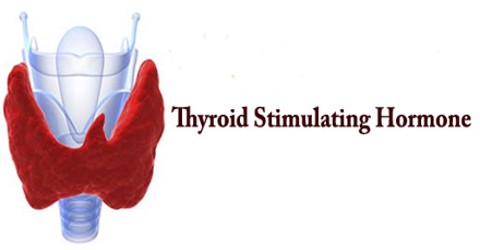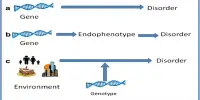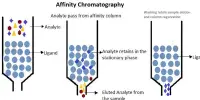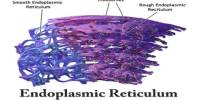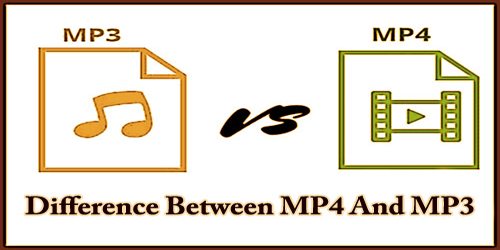TSH: Thyroid Stimulating Hormone
Definition
Thyroid Stimulating Hormone (TSH) is a hormone that controls thyroid function. It is actually produced by the brain’s pituitary gland, but stimulates production of the hormones triiodothyronine (T3) and thyroxine (T4) in the thyroid gland. It is a glycoprotein hormone synthesized and secreted by thyrotrope cells in the anterior pituitary gland, which regulates the endocrine function of the thyroid. In 1916, Bennett M. Allen and Philip E. Smith found that the pituitary contained a thyrotropic substance.
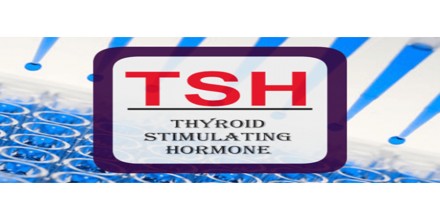
Thyroid stimulating hormone (TSH) promotes the growth of the thyroid gland in the neck and stimulates it to produce more thyroid hormones. When there is an excessive amount of thyroid hormones, the pituitary gland stops producing TSH, reducing thyroid hormone production. This mechanism maintains a relatively constant level of thyroid hormones circulating in the blood.
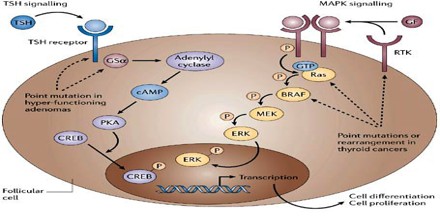
Function of Thyroid Stimulating Hormone (TSH)
Thyroid Stimulating Hormone (TSH) is able to effectively detect imbalances and the abnormal functioning of the thyroid gland. The pituitary gland steps in and releases more TSH – which in turn stimulates the production of additional thyroid hormone when it detects that the thyroid gland is not releasing a sufficient amount of thyroid hormone (hypothyroidism). Hyperthyroidism is the condition in which the thyroid gland produces an excess amount of thyroid hormone. The pituitary gland halts the production of TSH, which suppresses the production of thyroid hormone. Hypothyroidism is associated with fatigue, depression carpal tunnel syndrome, paleness, osteoporosis, itchy skin, water retention and low heart rate. Signs and symptoms of hyperthyroidism include delirium, arrhythmias, vomiting, and loss of libido, apathy and anxiety. The TSH test detects both hypo and hyperthyroidism and effectively monitors the treatment of the conditions.
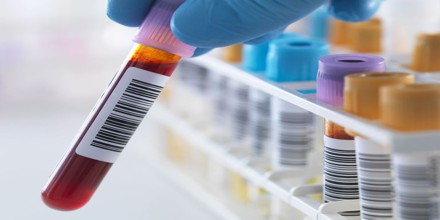
Diagnosis of Disease
Thyroid Stimulating Hormone (TSH) is produced when the hypothalamus releases a substance called thyrotropin-releasing hormone (TRH). TRH then triggers the pituitary gland camera.gif to release TSH. TSH causes the thyroid gland to make two hormones: Triiodothyronine (T3) and Thyroxine (T4). T3 and T4 help control our body’s metabolism.
Triiodothyronine (T3) and Thyroxine (T4) are needed for normal growth of the brain, especially during the first 3 years of life. A baby whose thyroid gland does not make enough thyroid hormone (congenital hypothyroidism) may, in severe cases, be mentally retarded. Older children also need thyroid hormones to grow and develop normally.
A test for Thyroid Stimulating Hormone (TSH) is done to:
- Find out whether the thyroid gland is working properly.
- Find the cause of an underactive thyroid gland (hypothyroidism). TSH levels can help determine whether hypothyroidism is due to a damaged thyroid gland or some other cause.
- Keep track of treatment with thyroid replacement medicine for people who have hypothyroidism.
- Keep track of thyroid gland function in people who are being treated for hyperthyroidism. This treatment may include antithyroid medicine, surgery, or radiation therapy.
- Double-check the diagnosis of an underactive thyroid gland in a newborn (congenital hypothyroidism).
The blood sample is taken from a vein in our arm. An elastic band is wrapped around our upper arm. It may feel tight. We may feel nothing at all from the needle, or we may feel a quick sting or pinch.

Risks and Result of Tests
There is very little chance of a problem from having a blood sample taken from a vein.
In rare cases, the vein may become swollen after the blood sample is taken. This problem is called phlebitis. A warm compress can be used several times a day to treat this.
Ongoing bleeding can be a problem for people with bleeding disorders. Aspirin, warfarin (Coumadin), and other blood-thinning medicines can make bleeding more likely. If people have bleeding or clotting problems, or if they take blood-thinning medicine, tell doctor before their blood sample is taken.
For hypothyroid patients on thyroxine, measurement of TSH alone is generally considered sufficient. An increase in TSH above the normal range indicates under-replacement or poor compliance with therapy. A significant reduction in TSH suggests over-treatment. In both cases, a change in dose may be required. A low or low-normal TSH value may also signal pituitary disease. TSH measurements could not be applied any more; however, treatment would have to be continued.
For hyperthyroid patients, both TSH and T4 are usually monitored. It must also be noted that in pregnancy, TSH measurements do not seem to be a good marker for the well-known association of maternal thyroid hormone availability with offspring neurocognitive development.
